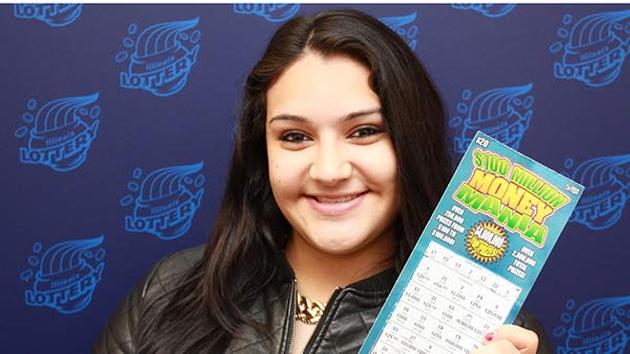More People Around the World Become Wealthy

Photo by Shutterstock.
By Alison Griswold
http://www.slate.com/blogs/moneybox/2014/10/21/global_millionaires_credit_suisse_wealth_report_finds_they_re_growing_faster.html
1) How do we know what is true in this story? In what ways is self-reported income and unreliable measure? Reliable? Should everyone have the chance to become a millionaire?
2) Why might a student in India think differently about this article than a worker in the U.S.? In what ways would you think about this differently if your parents were wealthier? Less wealthy? Whose perspective is left out?
3) In what ways is this connected to food? To what degree is this connected to sports?
4) How might this article be written differently if it was reported in Ukraine? How might we increase wealth access to under-represented areas?
5) To what degree is the assumption that people should want to become a millionaire promoted in this article? What are the short-term outcomes of this news?
Extension Activities:
1) Students can chart global wealth by country over time and make predictions for the future.
2) Students can write a descriptive account of what they would do if they became a millionaire.
AoK: Human Sciences
WoK: Imagination



